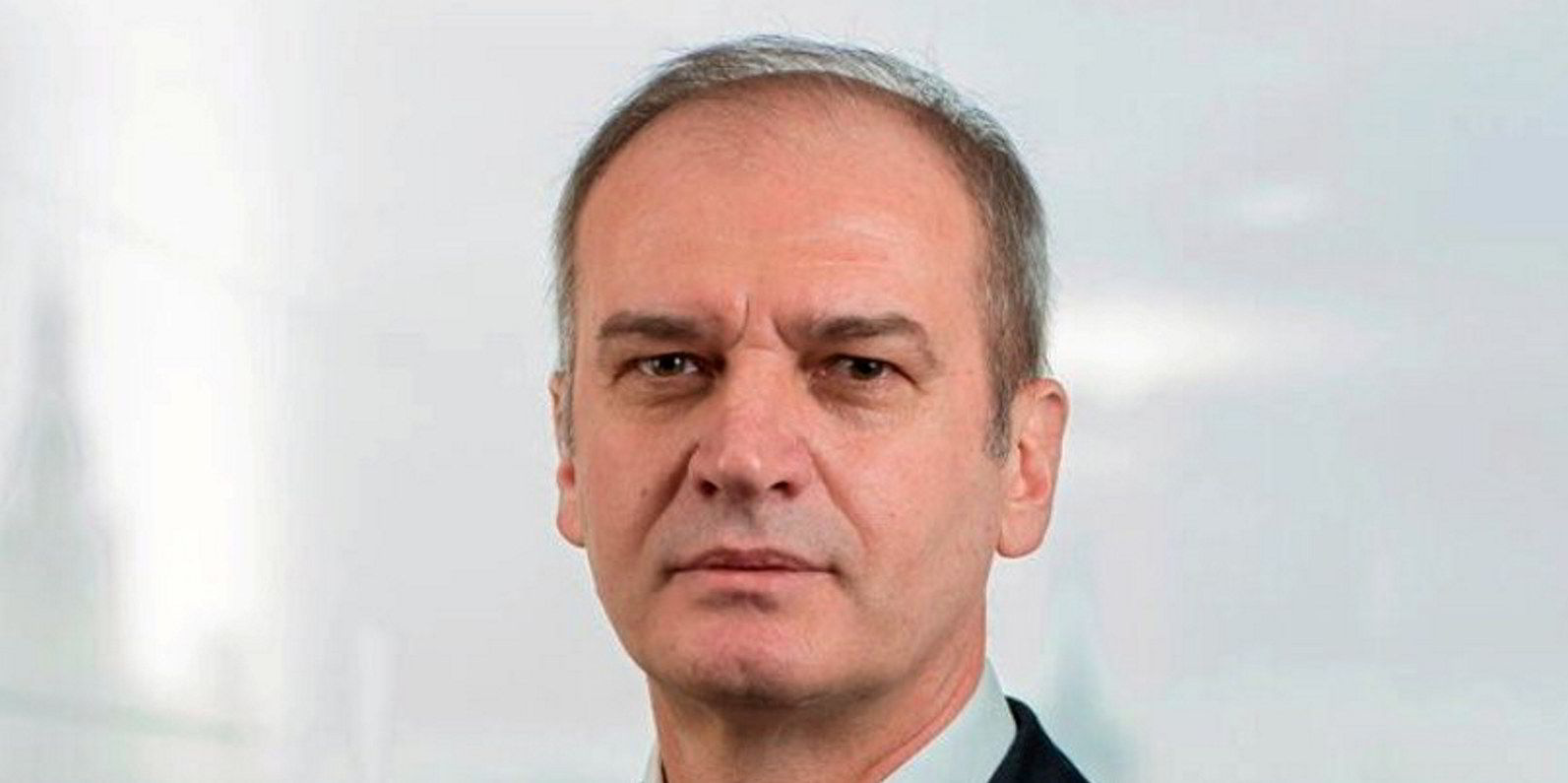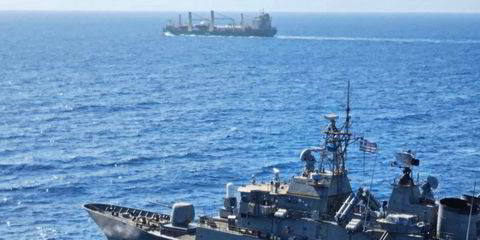Hafnia chief executive Mikael Skov is on the lookout for the first signs of recovery in weak product tanker markets.
The Singapore shipping company, which is controlled by BW Group, declared itself relatively satisfied with a loss-making first quarter with performance above its peers, but has bemoaned unhelpful operating conditions.
"We're looking at a market where basically all ships are out sailing," Skov told analysts on a conference call.
"We're not getting any help from anywhere in the sense that all the ships are out there, there are no significant delays — and yet we are having relatively decent results," he added.
Skov said the company is looking out for "very small issues" that could create minor vessel backlogs, such as delays in canal transits.
"It does not take a lot. The first spikes in the market will indicate there is still a very tight balance in the market," he added.
Vice president of commercial Peter Kolding said Hafnia is also examining the tonne-mile situation.
"One of the drivers of that is arbitrage trading — long-haul business, typically requiring reasonable inventory levels," he told the call.
Going the right way?
"That's why developments are quite encouraging; numbers are pointing in the right direction," Kolding added.
The shipowner's net loss was $15.7m in the three months to 31 March, against profit of $77m in the same quarter of last year. However, the latest loss was lower than the $26.4m logged in the fourth quarter.
Hafnia believes the small newbuilding orderbook offers some hope.
Other types of vessels are filling slots, meaning owners would not get their hands on a new product carrier ordered now until late 2023 at the earliest, and most likely early 2024, Skov said.
"The gap between order and delivery has widened; that's again why we are very optimistic about keeping the orderbook at very low levels at least for a couple of years," he added.
Skov admitted the company has a significant amount of older LR1s in the fleet.
Gradual phase-out
He said a few have already been sold and the rest will be modified to meet upcoming vessel efficiency rules.
So the company is in no hurry to sell, but it will replace the units in the secondhand market, Skov indicated.
He said he believes asset prices will rise, and this will accelerate as markets recover.
"As time-charter rates begin to go up, we expect secondhand values will follow that," the executive said.





